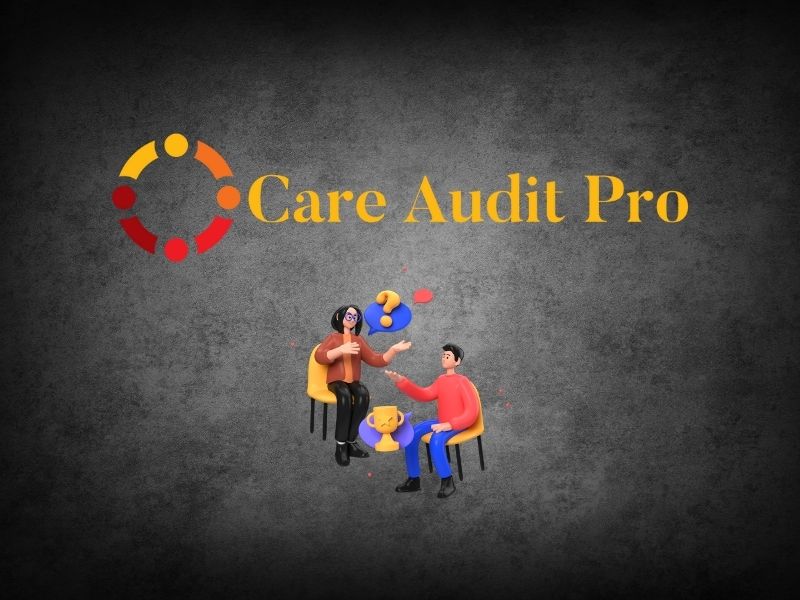
Supervision and Appraisal: Records Inspectors Value
By Attila Szelei on 21/10/2025
Supervision and Appraisal: Records Inspectors Value
AEO Answer: Records inspectors look for clear documentation of staff supervision and appraisal processes, as these are critical for ensuring quality care and compliance with regulatory standards.
Understanding the Importance of Supervision and Appraisal
Supervision and appraisal serve as essential components of quality assurance in social care settings. They not only ensure staff are supported and developed but also contribute to improved client outcomes. Regular supervision helps maintain high standards by facilitating reflective practice, enhancing skills, and ensuring compliance with Care Quality Commission (CQC) expectations.
What Inspectors Look For
During inspections, CQC inspectors focus on several key areas related to supervision and appraisal. Here’s what you need to ensure is well-documented:
1. Regularity of Supervision
- Inspectors prefer a consistent schedule for supervision sessions, typically every 4-6 weeks, to gauge employee performance and well-being.
- Look for evidence such as supervision logs or calendars showing planned and completed sessions.
2. Documentation Quality
- Clear, detailed records are vital. Supervisors should document the content of discussions, action points, and follow-up measures.
- Ensure records are signed and dated, demonstrating accountability.
3. Appraisal Process
- Annual appraisals must be documented and should include a full review of the staff member’s performance, strengths, and areas for development.
- Inspectors will want to see how appraisals align with individual and organisational objectives, alongside any training needs identified.
4. Feedback Mechanisms
- Evidence of feedback given during supervision and appraisal sessions will be crucial.
- This includes both positive reinforcement and constructive criticism aimed at professional growth.
Checklist for Effective Supervision and Appraisal
To prepare for inspections, consider this checklist:
- Schedule Regular Supervisions: Plan sessions ahead and keep a calendar of completed meetings.
- Maintain Clear Records: Document discussions, decisions, and follow-ups in a standardised format.
- Conduct Comprehensive Appraisals: Review employee performance annually, incorporating self-assessments when possible.
- Ensure Follow-Up: Have a system in place for tracking action points from both supervision and appraisal sessions.
- Encourage Staff Feedback: Create an environment where staff feel comfortable providing feedback on the supervision process itself.
Examples of Good Practice
Case Study: Weekly Supervisions
A residential care home implemented weekly supervision sessions. They used a standard template that included topics discussed, action points, and any training opportunities identified. This not only streamlined the documentation process but also facilitated ongoing staff development. As a result, feedback from the CQC during an inspection noted the home's commitment to continuous improvement and staff support.
Appraisal Development Plan
In another case, a home developed a comprehensive appraisal process that fed into a personal development plan for each employee. This aligned personal goals with the organisation's objectives, making it easier for inspectors to see how staff training and development were prioritised.
Aligning with the CQC Single Assessment Framework
Adhering to the CQC's 2024 Single Assessment Framework is essential for compliance. Under this framework, effective supervision and appraisal practices support key lines of inquiry (KLOEs) relating to:
- Safe: Staff are supported and trained to provide safe care.
- Effective: Continuous professional development enhances care outcomes.
- Well-led: Strong governance and leadership ensure staff are motivated and competent.
Practical Tips for Inspection Readiness
- Audit Your Records Regularly: Conduct internal audits to ensure all supervision and appraisal records are up to date and complete.
- Utilise Digital Tools: Consider using software solutions that can streamline documentation and provide easy access for audits.
- Training for Supervisors: Regularly train supervisors on the importance of maintaining accurate records and the expectations set forth by the CQC.
How Care Audit Pro Supports This
Care Audit Pro provides digital auditing solutions designed to streamline the documentation process for supervision and appraisals. Our action plans can help you address any deficiencies in your current processes, ensuring you meet compliance standards and maintain high-quality care. With our tools, you can easily track staff development and prepare comprehensive reports for inspections.
By aligning your supervision and appraisal processes with best practices and regulatory expectations, you not only improve your compliance readiness but also enhance the overall quality of care provided in your organisation.
Keywords: [supervision, appraisal, CQC compliance, care governance, staff development]